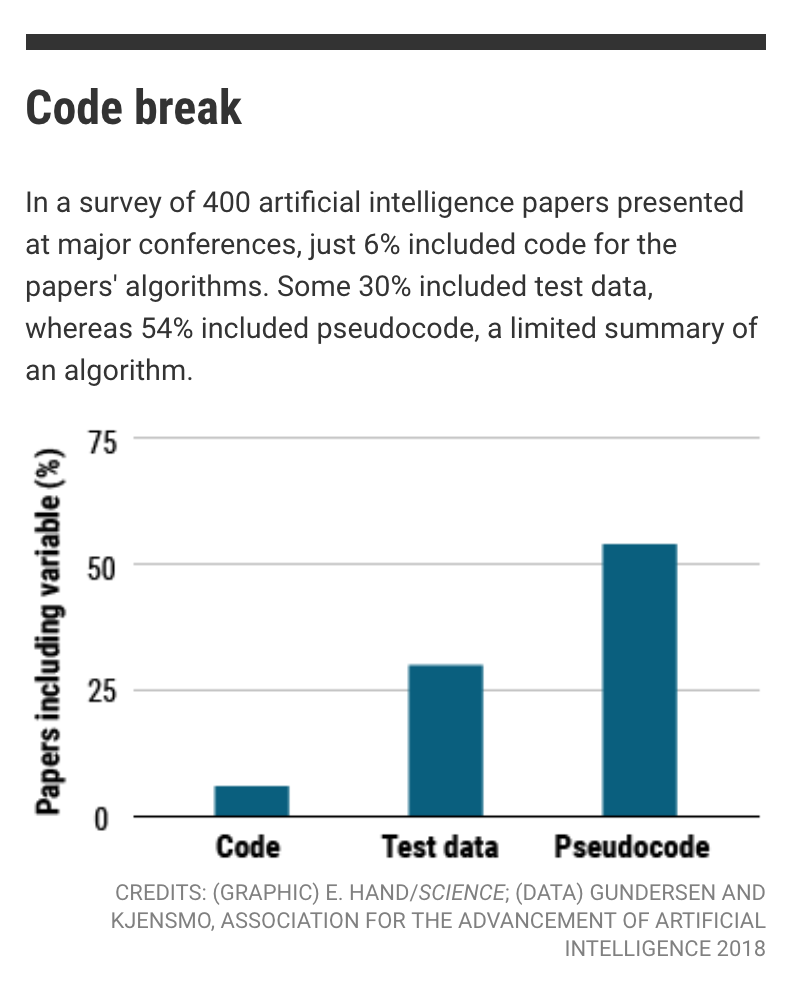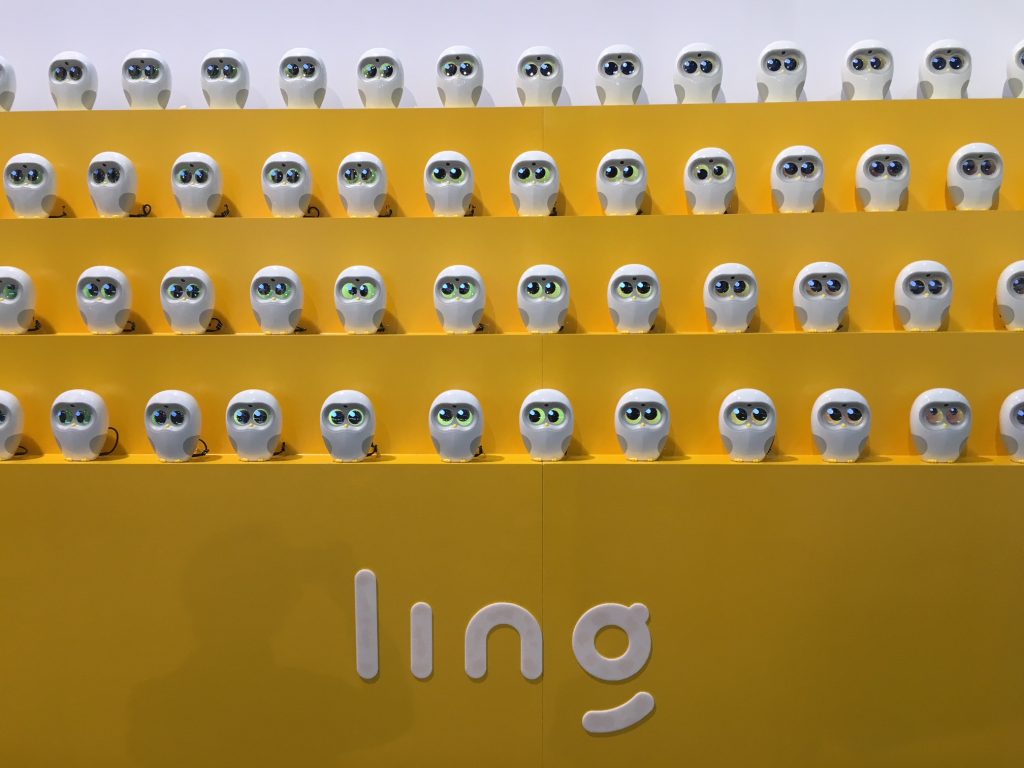Sections
Facebook Troll
[avatar user=”malm” size=”small” align=”left” link=”file” /]
Wired’s long form post on Facebook’s two years of hell makes for essential reading. It tells of how a seemingly small leak from the Trending Topics team in February 2016 lit the fuse on a brutal turn of events. Wired interviewed dozens of unnamed sources from within the company to compile the report:
most people told the same basic tale: of a company, and a CEO, whose techno-optimism has been crushed as they’ve learned the myriad ways their platform can be used for ill. Of an election that shocked Facebook, even as its fallout put the company under siege. Of a series of external threats, defensive internal calculations, and false starts that delayed Facebook’s reckoning with its impact on global affairs and its users’ minds. And—in the tale’s final chapters—of the company’s earnest attempt to redeem itself.
This observation in particular rings all too true from experience:
Tech companies, for the most part, prefer to have as little as possible done by humans—because, it’s often said, they don’t scale. You can’t hire a billion of them, and they prove meddlesome in ways that algorithms don’t. They need bathroom breaks and health insurance, and the most annoying of them sometimes talk to the press.
All these mishaps pale into insignificance in comparison to the potential ramifications of the indicting of 13 Russians for US election interference. The realisation that Facebook are directly implicated in bringing Trump to the White House raises the company’s concerns to an existential level.
Despite the many other setbacks it has faced of late, Facebook though overall still growing its user base. However, it is losing its attraction, or perhaps more accurately failing to gain any, amongst teenage users. This Guardian article suggests a plausible reason why:
“As soon as parents got in they killed it,” says 24-year-old Jordan Ranford, a now minimal Facebook user who ditched his mum as a friend because she was “just jarring”.
Georgia Davey, 21, predicts a bleak future for the increasingly uncool Facebook. “I don’t know if I should say this, but I think Facebook might shut down one day,” she says. “There will be a new thing soon and no one will be on it any more.”
Some companies are profiting from Facebook’s. Flipboard for instance have seen a significant bounce with publishers flocking to the platform though it remains very small in comparison to Facebook.
As Chris Dixon notes in an important essay called Why Decentralisation Matters, big companies may be in the ascendent right now but there is no guarantee they have won the future if we collectively can conceive and imagine something better. The essay reads like a reprise of Eric Raymond’s famous Cathedral and Bazaar:
The question of whether decentralized or centralized systems will win the next era of the internet reduces to who will build the most compelling products, which in turn reduces to who will get more high quality developers and entrepreneurs on their side. GAFA has many advantages, including cash reserves, large user bases, and operational infrastructure. Cryptonetworks have a significantly more attractive value proposition to developers and entrepreneurs. If they can win their hearts and minds, they can mobilize far more resources than GAFA, and rapidly outpace their product development.
Machine Learning
Sciencemag on how hard it is to replicate AI results with lack of source code access and opaque hyperparameter twiddling heavily implicated:
the performance of AIs designed to learn by trial and error is highly sensitive not only to the exact code used, but also to the random numbers generated to kick off training, and to “hyperparameters”—settings that are not core to the algorithm but that affect how quickly it learns.
As further evidence that maybe nobody really knows what’s going on, a report of how a distinctly old school deep forest-based approach can ‘outperform’ CNNs and RNNs in image recognition.
Technology and Innovation
Fascinating interview with Ted Sarandos, Netflix’s chief content officer, conducted by Marc Andreessen. Sarandos talks of how outlandish and absurd it once seemed to imagine that all entertainment would be coming into your house via the internet, including high quality streaming video. Also how the internet now serves taste.
Awesome collection of blockchain resources courtesy of a16z:
It’s organized from building blocks and basics; foundations (& history); and key concepts — followed by specific topics such as governance; privacy and security; scaling; consensus; cryptoeconomics and investing; fundraising and token distribution; decentralized exchanges; stablecoins; and cryptoeconomic primitives (crytocollectibles, curation markets, games). We also included a section with developer tutorials, practical guides, and maker stories — as well as other resources, such as newsletters and courses, at the end.
The FT profile Dyson’s assault on electric cars something that’s been known about for 2 years in the industry thanks in part to an injudicious ex-employee who went to Tesla. It probably won’t look like this but since an electric car is basically a computerised set of motors, it plays to Dyson’s strengths in making leading-edge vacuum cleaners and dryers.
Google, Amazon, Apple
Google sold 3.9 million Pixel phones in 2017. It’s a really modest start in terms of the overall phone landscape but the company seems determined to stay the course with its AI hardware ambitions:
The latest update on Pixel sales comes from IDC’s Francisco Jeronimo, who notes that Google shipped 3.9 million Pixel and Pixel 2 devices in 2017. That’s no more than a rounding error when set against the global smartphone market that numbers 1.5 billion units, and it’s also less than a typical week’s worth of iPhone sales for Apple.
The Information suggest Amazon too may end up in the business of extending it’s AI hardware reach into chipmaking:
The chip should allow Alexa-powered devices to respond more quickly to commands, by allowing more data processing to be handled on the device than in the cloud.
Steven Sinofsky’s recent multipart twitter storm on Apple is well worth reading. As ex-Windows software head he knows a thing or two about the problems that happen with large scale platforms and the organisation required to develop and support them. The Bloomberg article that sparked his tweets suggests a move towards a more spread out series of updates with features that aren’t ready being pushed to later releases:
Instead of keeping engineers on a relentless annual schedule and cramming features into a single update, Apple will start focusing on the next two years of updates for its iPhone and iPad operating system, according to people familiar with the change. The company will continue to update its software annually, but internally engineers will have more discretion to push back features that aren’t as polished to the following year.
1/ Apple has a software problem. Here's how it plans to fix it. https://t.co/dJaikfRhs7 via @markgurman // Let’s take a step back and talk about the broader context and product development at scale. Lots follows…
— 🧘🏻♂️Steven Sinofsky ॐ (@stevesi) February 12, 2018
China
Excellent Wired post on how China became a tech superpower that is now threatening the dominance of Silicon Valley particularly with its heavy focus on AI and machine learning based startups such as Ling who are profiled in the article. One of the challenges many in the West have in understanding what’s going on is that the innovation is happening within a hermetically sealed space they aren’t aware of:
Chinese cyberspace is a largely self-contained ecosystem, which means that most internet users outside China don’t come into regular contact with the BAT companies
This photo was of the somewhat disturbing Ling stand at CES. See if you can spot the odd one out.
Management
Best interview questions ever curated by First Round include a number of “tell me about a time when” (or TMAATW) style behavioural interviewing specials:
Tell me about a time when you used data to make a decision.
Tell me about a time when you experienced what you perceive to be an injustice.
The sort of techniques explained are now becoming more well understood by smarter candidates leading to this interesting observation:
Watch out for signs of coaching. If a candidate seems to have uncanny command of your internal language, take note. The public domain is exploding with tips and tricks from past interviewees and journalists. “Especially as your company starts getting more popular or well-known, there’s going to be a lot of stuff about you out on the Internet. If people start quoting things to you that they obviously read in an article or something that is your own internal language, they were probably coached. They either read something or they talked to somebody who works at the company,”
Sticking with a distinctly Amazonian theme, VC Mark Suster outlines what is needed to scale a business from early startup stage specifically calling out Operational Excellence. A key aspect to this is hiring the right people:
During the Systematize phase you learn how to take true customer input into account, you learn what customers actually care about (vs. what your product & engineering thought they cared about and you adapt your offering. I always push companies to hire “an operationally focused CFO” during this phase because in order to systematize you need somebody who brings economic rigor to decision making.
Medium post on the sad decline of the junior developer and why we all need to up-level on mentoring to help resolve:
It’s not just a sign that an individual company is broken, it’s a sign the entire industry is broken.
Culture, Politics and Society
Plastic is definitely not fantastic with large numbers in the UK and other countries reconsidering their use of plastic following on from David Attenborough’s stunning Blue Planet II which contained lots of evidence of the devastation being caused to ocean life by anthropogenic activity. This new front in the Anthropocene is only just becoming evident:
Plastic particles have been found in almost three quarters of fish living in the ocean depths in northwest Atlantic, one of the highest frequencies of microplastic in fish worldwide, according to a study.
The London Assembly Transport Committee have produced a report looking at how London will need to shape its response to technological innovation in three areas which today have no control systems in place:
- Connected and autonomous vehicles (CAVs), also known as ‘driverless cars’. The introduction of CAVs to our roads is potentially the biggest change in the way we use cars, which remain the most prevalent transport method used by Londoners.
- App-based services. Londoners have been empowered by the spread of smartphone technology, with apps that have delivered information in new ways and enabled new types of transport service to be delivered on a large scale.
- Drones. In this category we include airborne drones, which have been in use for various purposes for a number of years but are now increasingly being used for freight delivery; and droids (or ground-based drones), programmed to transport goods along pavements and other pedestrian spaces.
Jason Kottke on his view of blogging 20 years on from starting his own and how the blogging scene has changed so much that in his view it is now dead:
One of the compelling things about blogs, for me, was that you had individual people presenting links and information that were a little view into what that person was interested in, and what was interesting about this person. As blogs got bigger, things like Gawker and Engadget and all those sorts of blogs took off — commercial blogs with teams of people doing it; it wasn’t so much an individual thing anymore. I like the personal curation and filtering, and where you find that these days, for better for worse, is Twitter and Facebook.
From Kottke’s blog a wonderful must-read from GQ on the incredible lightness of being Jeff Goldblum who appears even more charismatic and magnetic in real-life than in the movies:





